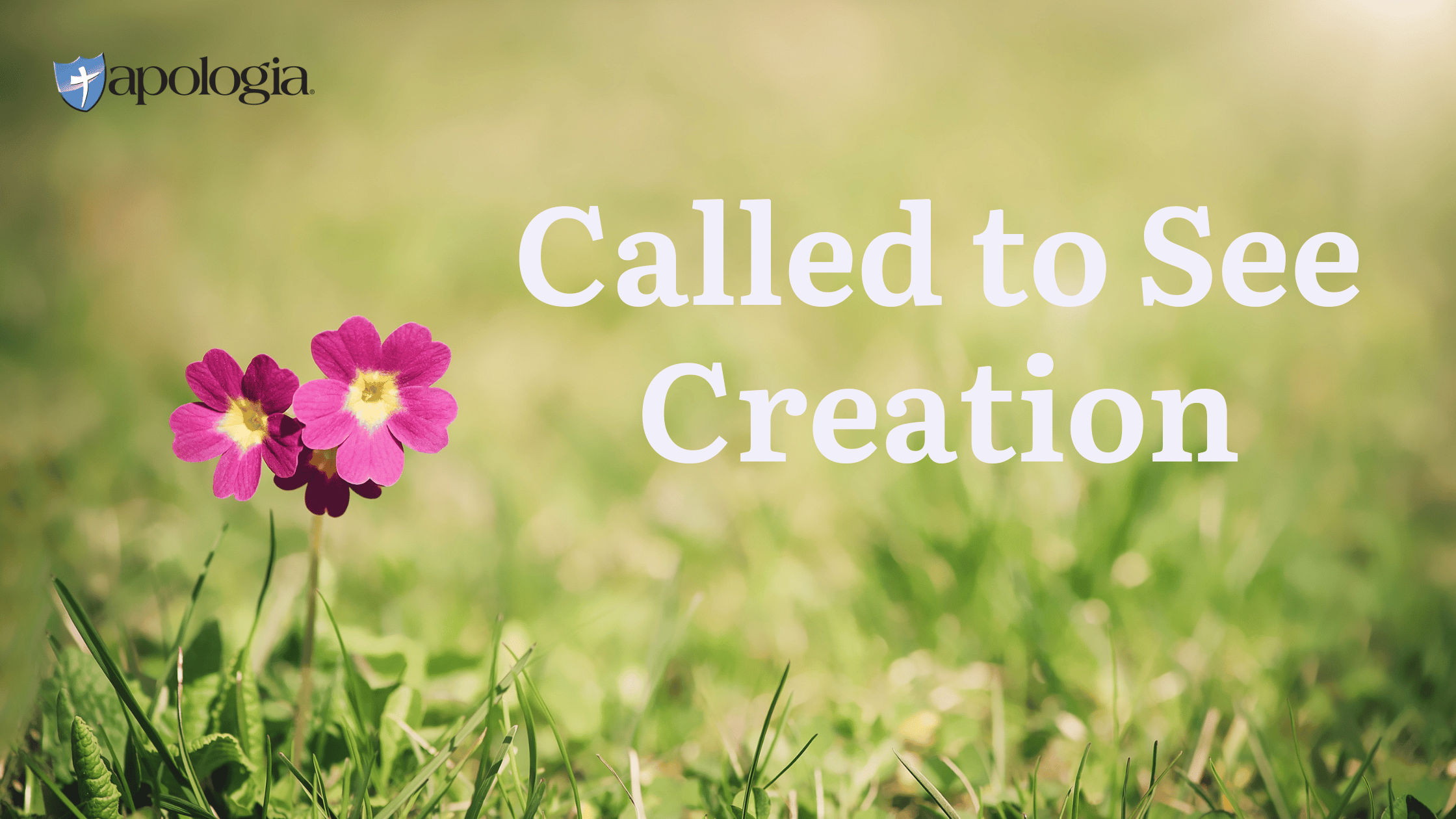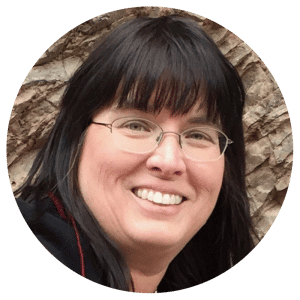
Called to See Creation
When I prepare a science topic to teach my students, I always like to start the process by contemplating this biblical quote from Jesus, “You are not thinking as God does, but as human beings do.” As human beings, it is easy to get caught up in the amount of material we cover and the test scores that show how well our students learned. But is that really all we are called to know? We are called to see Creation too.
Take for instance human anatomy and physiology, a class I am teaching this year to my children and some of their friends (Full disclosure, I am one of the co-authors of the Apologia The Human Body textbook). When I wrote the welcome section to the textbook, I knew that I wanted to put the subject material into a personal context for the students so that at the end of the year, the knowledge they gained was not just about facts and figures that they had memorized, but rather a truth that they had gained from their Creator. Here is a portion of that welcome section:
Have you ever sat quietly and contemplated who you are, how you came into being, and how your body functions? Have you ever been fascinated by the realization that you started life as a single cell that was smaller than the dot at the bottom of this question mark?
I knew you before I formed you in your mother’s womb.
Jeremiah 1:5, NLT
Do you realize that this one cell contained all of the information your body would ever need to develop not only into who you are today, but who you will be later in your life?
You saw me before I was born. Every day of my life was recorded in your book. Every moment was laid out before a single day had passed.
Psalm 139:16, NLT
Your life’s journey began as a single cell, which then divided into two cells and then became four, eight, sixteen, thirty-two cells, and more until something incredible happened so that you are not just a ball of trillions of cells.
You watched me as I was being formed in utter seclusion, as I was woven together in the dark of the womb.
Psalm 139:15, NLT
You are a functioning human being with bones, muscles, skin, eyes, teeth, and blood. Even more incredibly, you have everything that you need to be a human being who lives, thinks, and creates. You are the human body, fearfully and wonderfully made!
True understanding consists of a greater context that goes beyond scientific facts. It occurs when the intellect takes a mass of ideas and coordinates them so that it can grasp the material and make it its own. This can only happen when we take the facts and put them into God’s context. We will never know the mind of God, but if we never try to understand a science textbook beyond the book itself, we cheat ourselves of the most precious knowledge. And likewise, we will never fully understand science unless we contemplate the mind of God.
Come, let us bow and bend low; let us kneel before the God who made us!
Psalm 95:6
We learn from reading the Scriptures that wisdom puts all of life in the right order. And so it just seems logical that we should begin with God in our science studies, include God throughout our science studies, and end with God to help us place our science studies into the proper perspective.
Whether you are studying astronomy, botany, zoology, biology, chemistry, or physics this year with your kids, you are in my prayers. I leave you with words from Psalm 104 to help you contemplate the beginning of a blessed science school year:
Bless the Lord, my soul!
Lord God, how great you are!You made the moon to mark the months;
the sun knows the time for its setting.
When you spread the darkness it is night
and all the beasts of the forest creep forth.
The young lions roar for their prey
and ask their food from God.At the rising of the sun they steal away
and go to rest in their dens.
Man goes forth to his work,
to labor till evening falls.How many are your works, O Lord!
In wisdom you have made them all.
The earth is full of your riches.I will sing to the Lord all my life,
make music to my God while I live.
May my thoughts be pleasing to him.
I find my joy in the Lord.
 Rachael Yunis is the director of Apologia Science. She holds advanced degrees in molecular genetics/developmental biology and biomedical ethics and is the co-author of the Apologia textbook The Human Body, 2nd Edition. Rachael and her husband, Sam, a NASA engineer, have homeschooled their three teen boys since the beginning. The Yunis family lives in Virginia.
Rachael Yunis is the director of Apologia Science. She holds advanced degrees in molecular genetics/developmental biology and biomedical ethics and is the co-author of the Apologia textbook The Human Body, 2nd Edition. Rachael and her husband, Sam, a NASA engineer, have homeschooled their three teen boys since the beginning. The Yunis family lives in Virginia.

